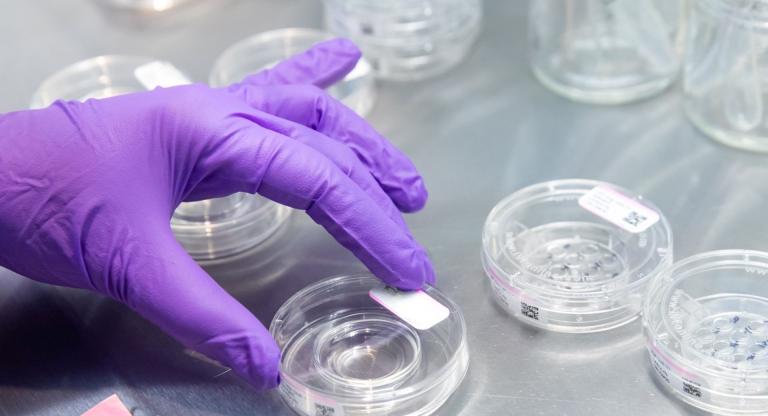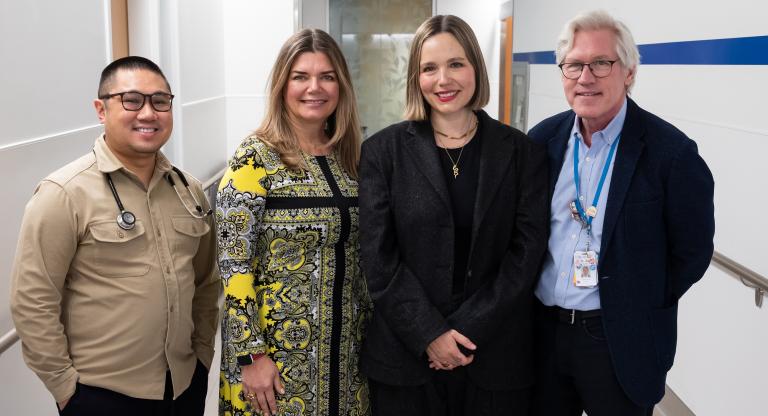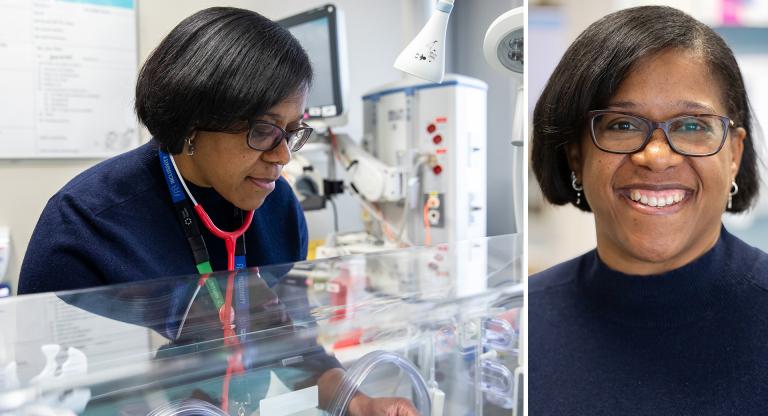New study suggests a shift in diabetes testing after pregnancy to improve women's health
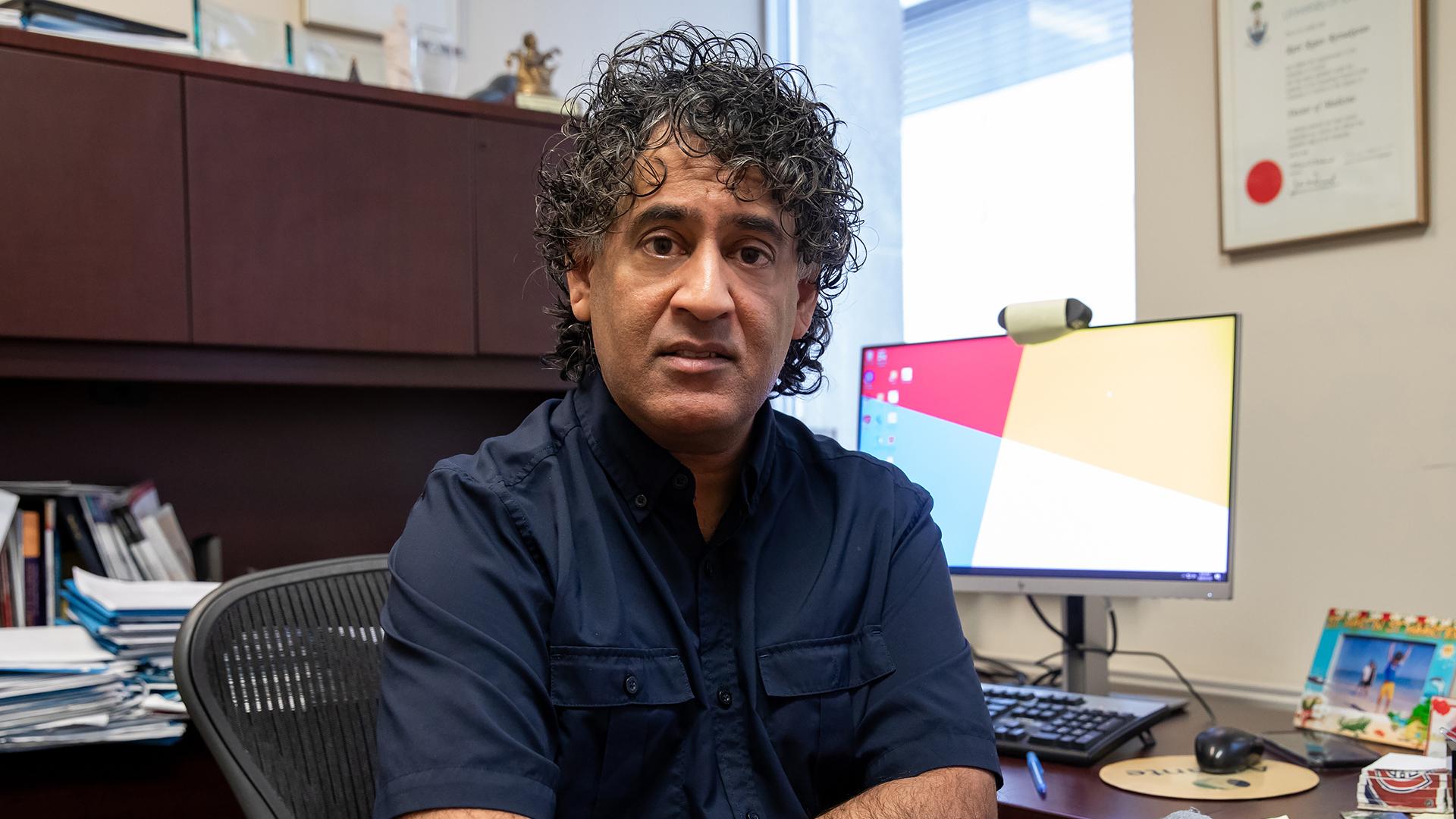
Caring for a baby is a full-time job, often causing new mothers to overlook their own health needs.
This situation is exemplified by the low compliance with postpartum glucose screening among women who had gestational diabetes—a condition that significantly increases their risk of developing type 2 diabetes later in life.
Now new research published today in Diabetes Care indicates that a shorter, one-hour glucose tolerance test outperforms the standard two-hour test in predicting future risk of diabetes and could transform clinical practice.
The research was led by Dr. Ravi Retnakaran, a Clinician Scientist at the Lunenfeld-Tanenbaum Research Institute, and an Endocrinologist at the Leadership Sinai Centre for Diabetes at Mount Sinai Hospital where he holds the Boehringer Ingelheim Chair in Beta-cell Preservation, Function and Regeneration.
“Gestational diabetes provides a unique opportunity to identify a very high risk of a major future illness at a young age," said Dr. Retnakaran, who is also a Professor at the University of Toronto’s Temerty Faculty of Medicine. “It is for this reason that, after having gestational diabetes, it is recommended that women do an oral glucose tolerance test within six months of delivery.”
“But the reality is that many women don’t come back to do this test. The first six months postpartum are hectic, and finding time for a two-hour test is challenging," he said.
Pregnancy acts as a stress test that can indicate a woman’s predisposition to type 2 diabetes, as the increased demands on the body can reveal underlying limitations in their capacity to produce enough insulin for blood sugar control. Women with gestational diabetes are seven to 10 times more likely to develop diabetes later, making postpartum testing crucial.
Only about half of these women return for their glucose tests, however. The gold standard two-hour Oral Glucose Tolerance Test (OGTT) requires women to fast overnight and then complete the test the next morning, at which time blood is drawn for measurement of their blood sugar, followed by consumption of a sugar drink, and then waiting for two hours for repeat blood sugar measurement.
Time constraints are not the only issue. There's also often confusion over which health-care provider should order the test, be it an endocrinologist, obstetrician or a primary care physician, said Dr. Retnakaran. And the problem persists not only in Canada but also globally, including the U.S., Australia, China and across the European Union.
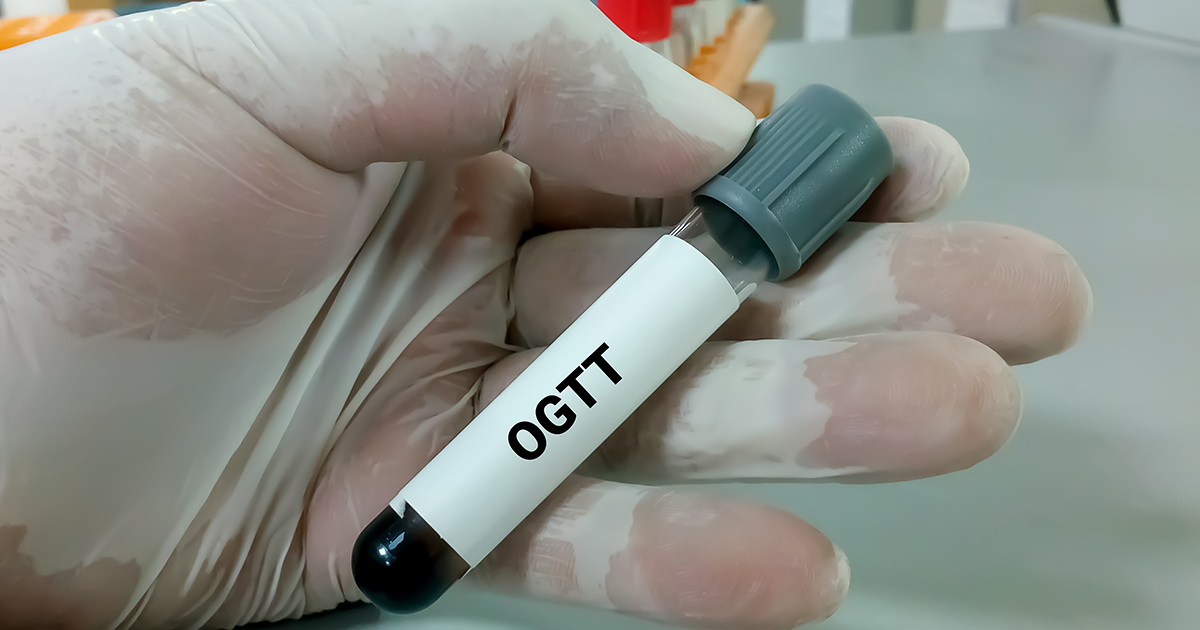
Recognizing the issue, the International Diabetes Federation last year recommended shortening the test duration to one hour, citing evidence that this timeframe is not only more practical but also more sensitive. Research has shown that the one-hour test captures the peak blood sugar levels. If the blood sugar level is high at this point, it suggests that the body is not processing glucose efficiently, identifying an elevated risk of developing diabetes.
Dr. Retnakaran, who has dedicated his research career to understanding the underlying biology of gestational diabetes and its impact on future health, was well-placed to assess the effectiveness of the one-hour test for postpartum screening. His team follows a large cohort of women diagnosed with gestational diabetes for several years post-pregnancy. Their latest study compared the predictive capabilities of the one-hour and two-hour tests at three months postpartum for pre-diabetes status at five years postpartum among 369 women. The one-hour test not only matched the two-hour test but was even a stronger predictor of pre-diabetes status five years later.
This suggests that the one-hour OGTT could improve completion rates of testing after pregnancy and facilitate early intervention, potentially revolutionizing diabetes prevention for postpartum women.
Dr. Retnakaran’s findings are timely, as the global incidence of diabetes in pregnancy is rising, affecting one in six pregnancies globally. But there’s good news too.
“If you identify an individual who has risk of diabetes, one of the most effective interventions for reducing this risk is helping them to lose weight. And we are at a point in time where weight loss has never been more achievable for large numbers of people thanks to new medications that are now available,” said Dr. Retnakaran.
As a next step, Dr. Retnakaran plans to conduct a clinical trial to confirm if the one-hour test can indeed increase compliance before it can become standard practice.
Dr. Anne-Claude Gingras, Director of the Lunenfeld-Tanenbaum Research Institute and Vice President of Research for Sinai Health said, “This research represents a significant advancement in safeguarding individual health and mitigating the societal impacts of type 2 diabetes. It reaffirms Sinai Health's commitment to excellence in research and care in the fields of diabetes, and maternal and infant health, benefiting not only our patients but also the wider community.”
This study was supported by research grants from the Canadian Institutes of Health and the Sun Life Financial Program to Prevent Diabetes in Women.









